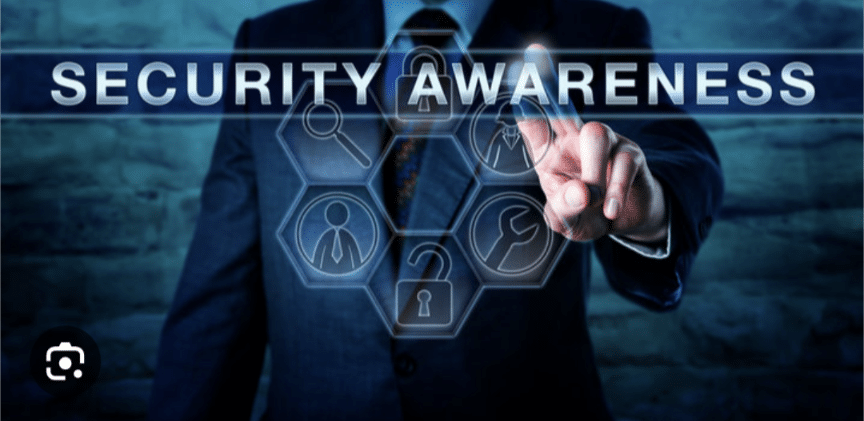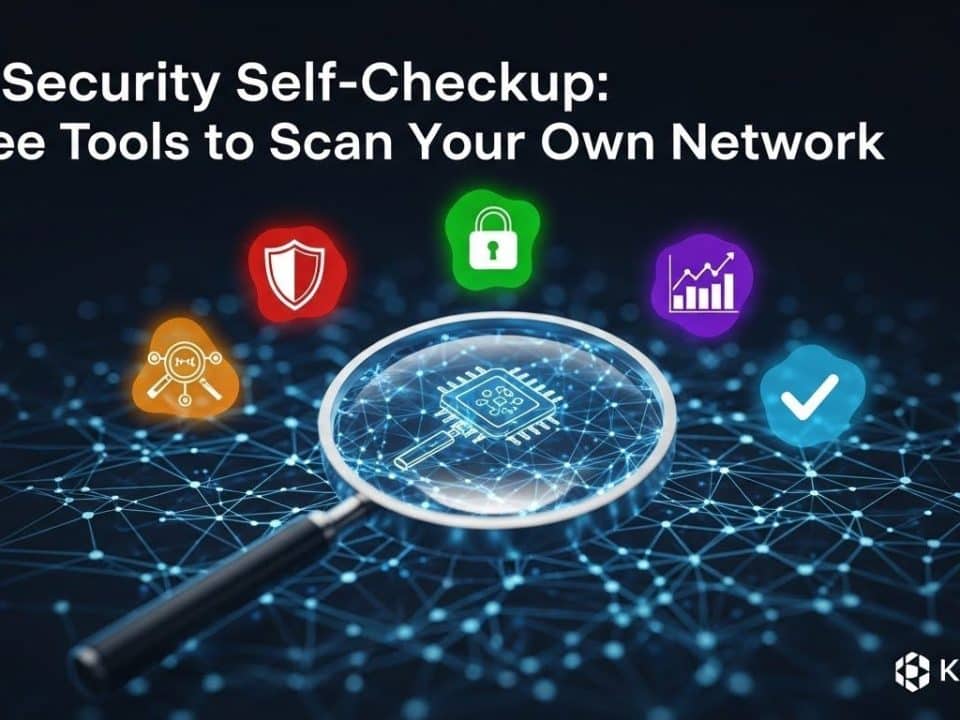
Cybersecurity for Beginners: How to Stay Safe in the Digital World
November 5, 2023
How Your Cyber Insurer Can Help You Become More Cyber-Resilient
November 7, 2023Remote work is here to stay, and that means that security awareness training for remote workers is more important than ever. After all, when employees are working from home, they’re not connected to the corporate network and they’re not under the watchful eye of IT security personnel.
That’s why it’s essential for organizations to provide their remote workers with the training and resources they need to protect themselves and the company from cyberattacks.
In this blog post, we’ll cover some of the most important topics to include in your security awareness training for remote workers. We’ll also share some tips for making your training more engaging and effective.
Essential topics for security awareness training for remote workers
Your security awareness training should cover a wide range of topics, including:
- Password security: Employees should be taught how to create strong passwords and how to manage them securely.
- Phishing: Employees should be trained on how to identify and avoid phishing attacks.
- Malware: Employees should be taught about the different types of malware and how to protect themselves from infection.
- Social engineering: Employees should be trained on how to recognize and avoid social engineering attacks.
- Cloud security: Employees should be taught about the security risks associated with cloud-based services and how to protect themselves.
- Remote work security: Employees should be taught about the unique security challenges of remote work and how to mitigate them.
- Incident response: Employees should be taught what to do if they suspect a security incident.
Tips for making your security awareness training more engaging and effective
Here are a few tips for making your security awareness training more engaging and effective:
- Make it relevant to your employees’ work. Employees are more likely to pay attention to training that is relevant to their jobs. For example, if you have a lot of employees who work with customer data, you should focus on training them on how to protect that data from cyberattacks.
- Use engaging content. Training should be interactive and engaging, not just a boring lecture. For example, you can use videos, games, and simulations to make your training more interesting and memorable.
- Use real-world examples. Employees are more likely to remember and apply what they learn if they are given real-world examples of security threats. For example, you can share stories of data breaches or malware attacks that have happened in the news.
- Make it ongoing. Security awareness training should be ongoing, not just a one-time event. You can provide your employees with regular security tips and updates, and you can also offer refresher training on a regular basis.
Here are some examples of fun and engaging activities that you can use in your security awareness training for remote workers:
- Phishing simulation: Create a simulated phishing email and send it to your employees. See who can identify the phishing email and who falls for it.
- Malware quiz: Create a quiz about different types of malware and how to protect against them. See who can get the highest score.
- Social engineering exercise: Create a social engineering scenario and present it to your employees. See who can identify the social engineering attack and who falls for it.
- Cloud security challenge: Give your employees a list of cloud security best practices and see how many of them they can implement.
- Remote work security scavenger hunt: Create a list of remote work security tips and hide them around your office. Have your employees work together to find all of the tips.
By providing your remote workers with regular and engaging security awareness training, you can help to reduce their risk of falling victim to cyberattacks.
Here is a bonus tip: Gamify your security awareness training! Offer your employees points and badges for completing training activities and for demonstrating good security practices. This will make the training more fun and motivating for your employees.
Security awareness training for remote workers is essential for any organization that wants to protect itself from cyberattacks. By providing your remote workers with the training and resources they need, you can help to keep your organization safe.
#SecurityAwareness #RemoteWork #Cybersecurity #RemoteWorkers #DataSecurity #InfoSec #CyberSafety




